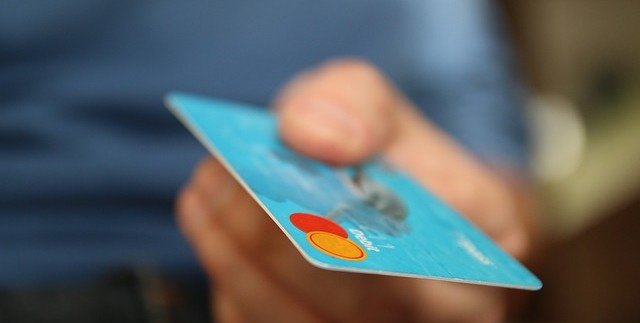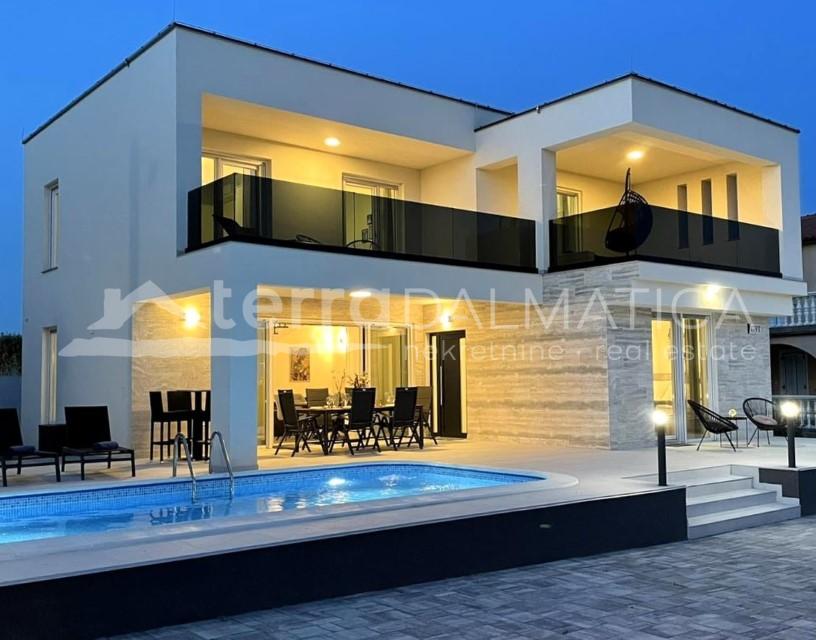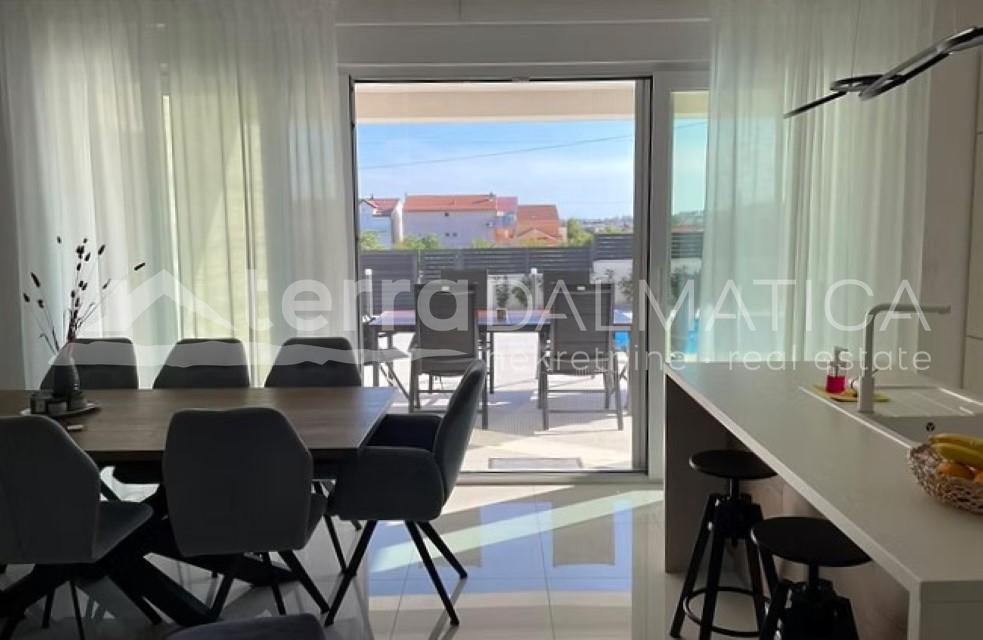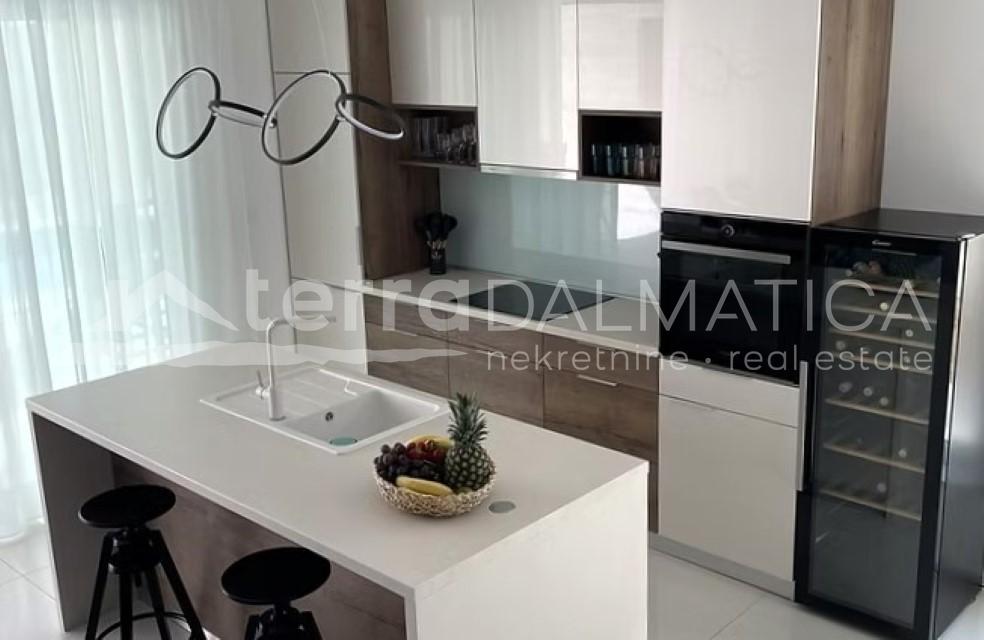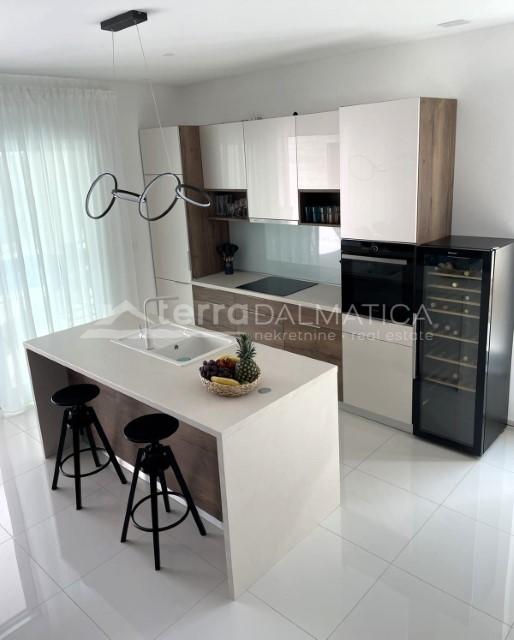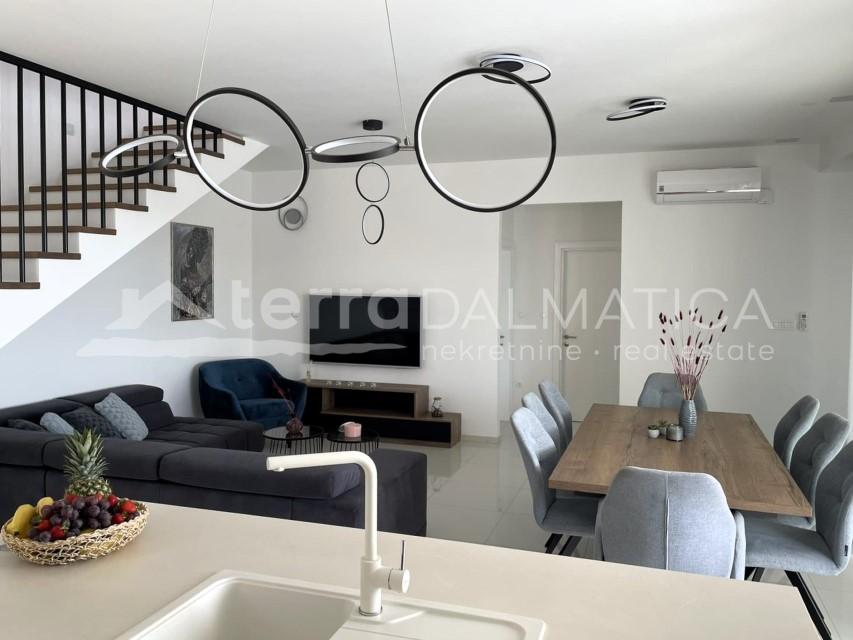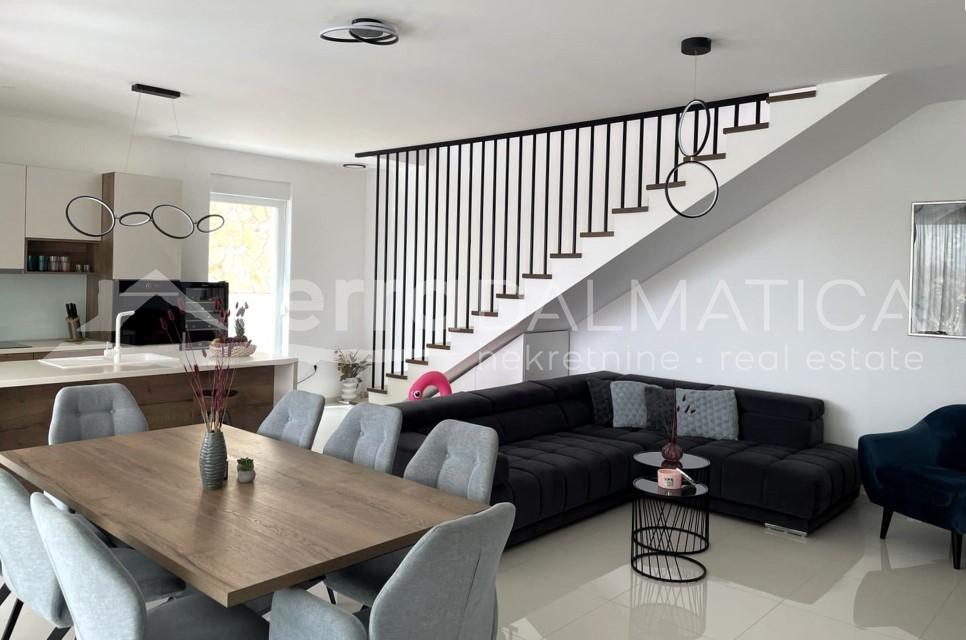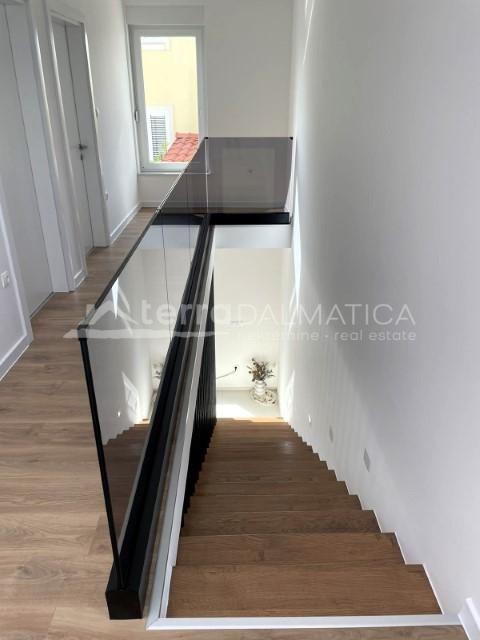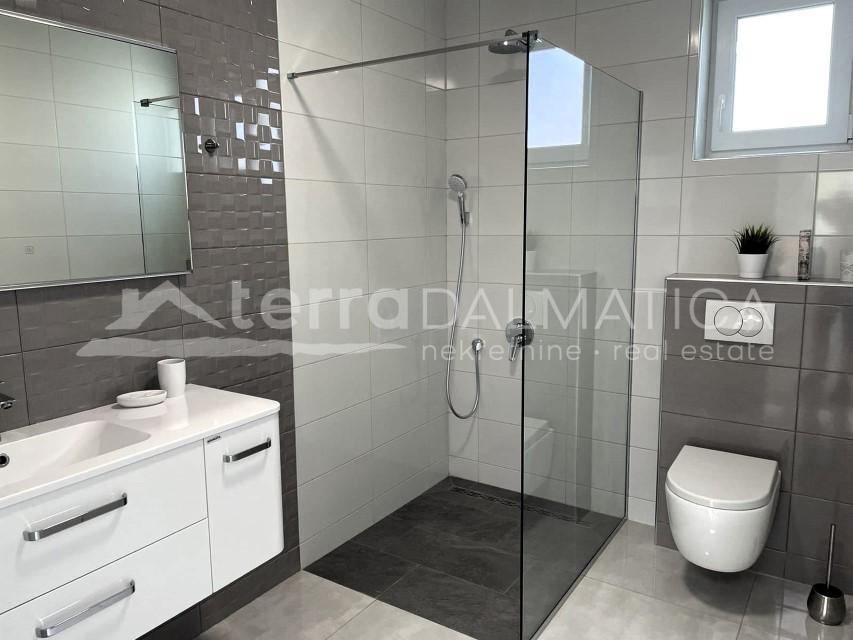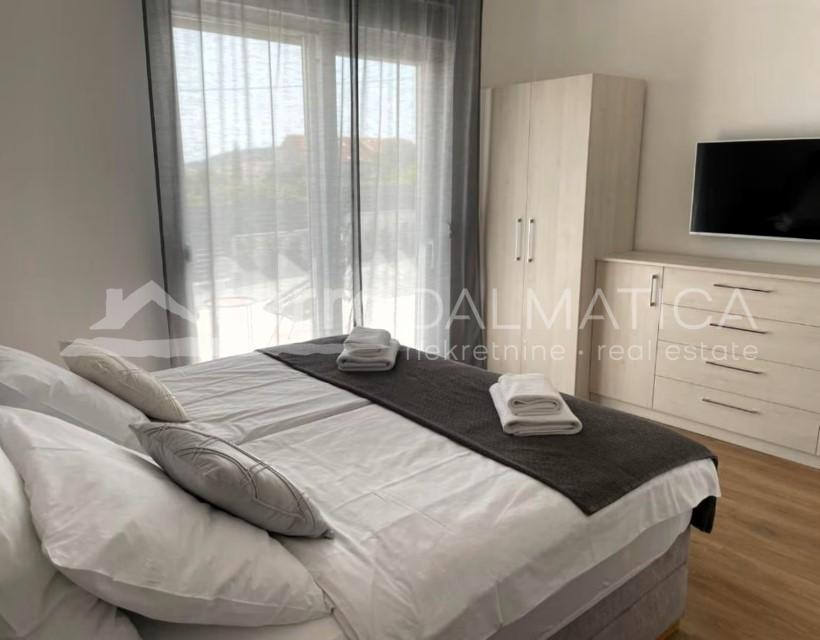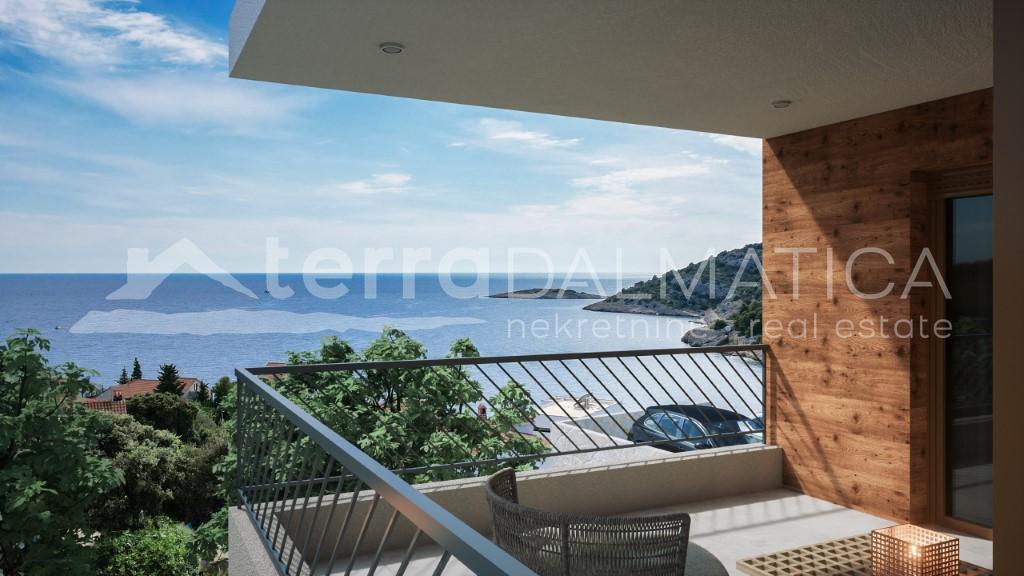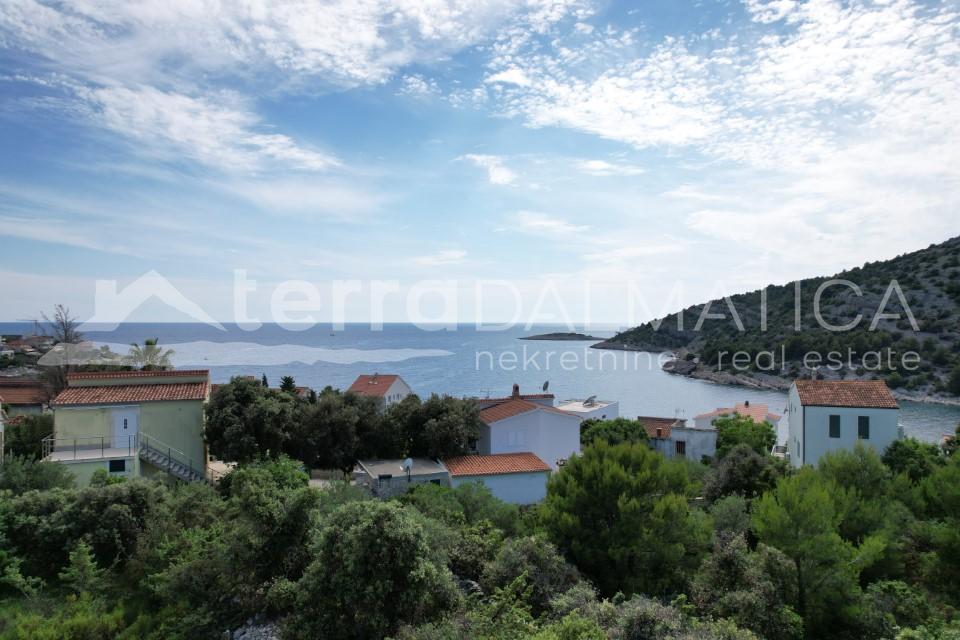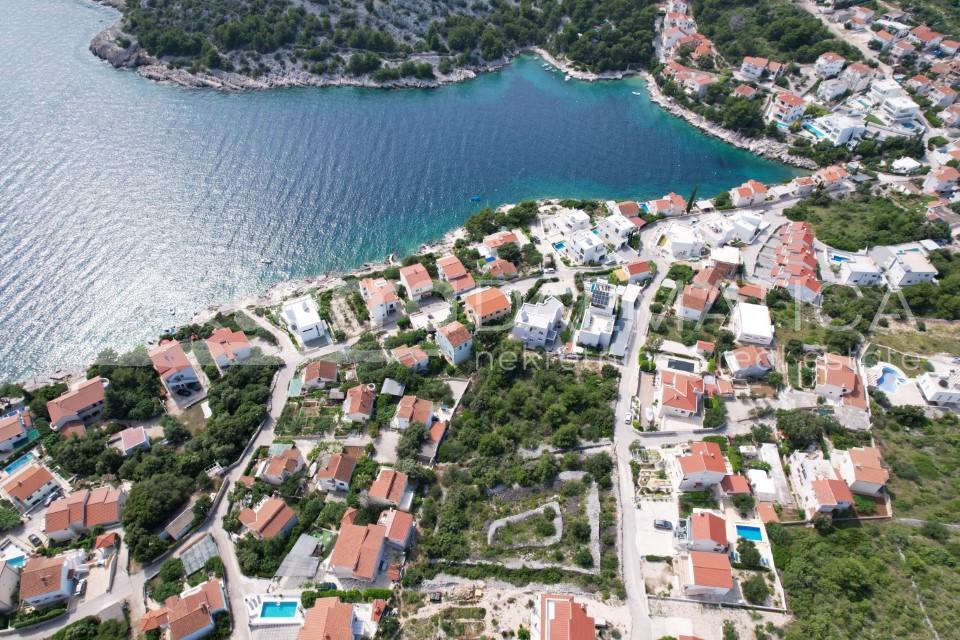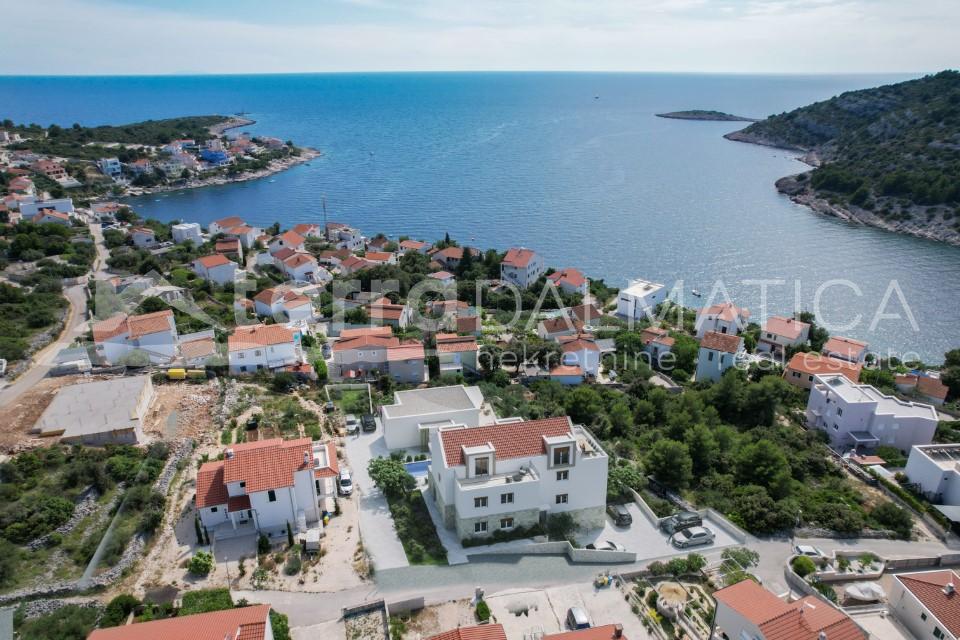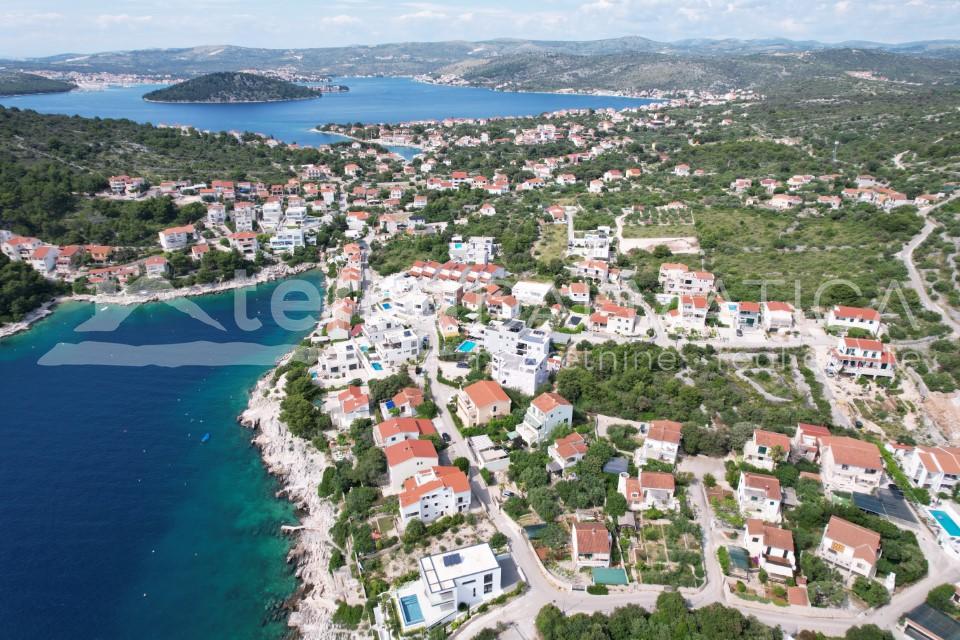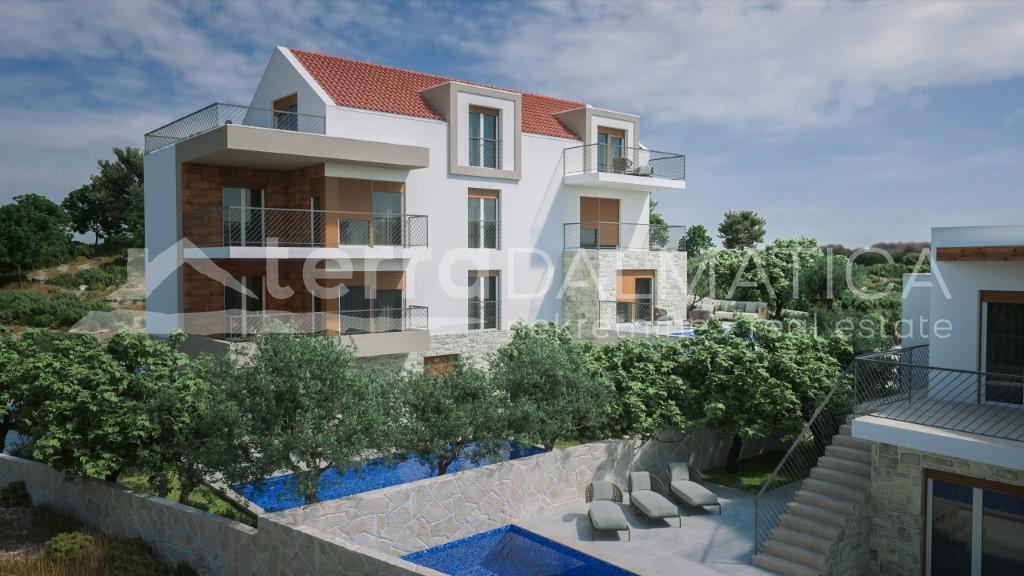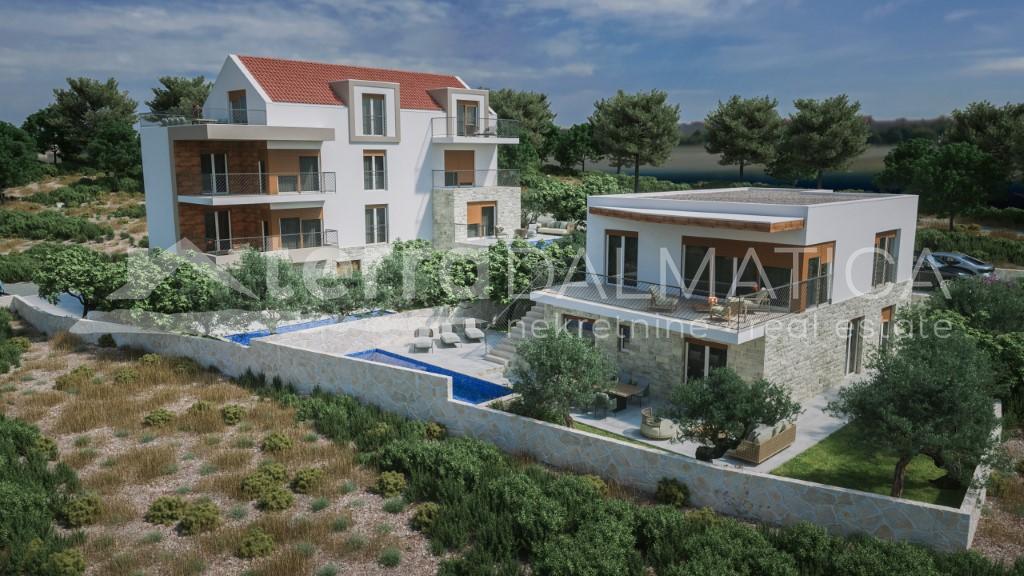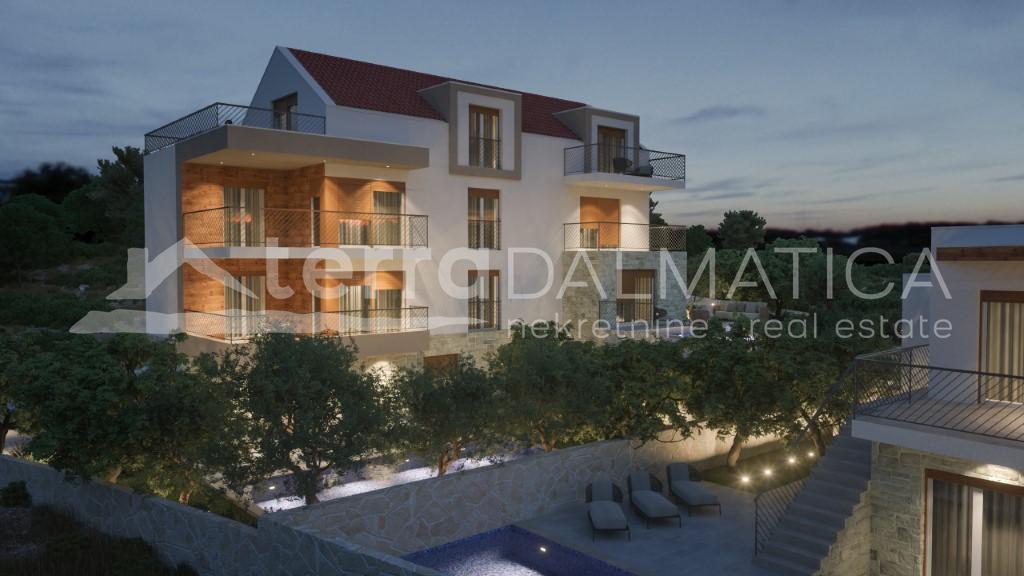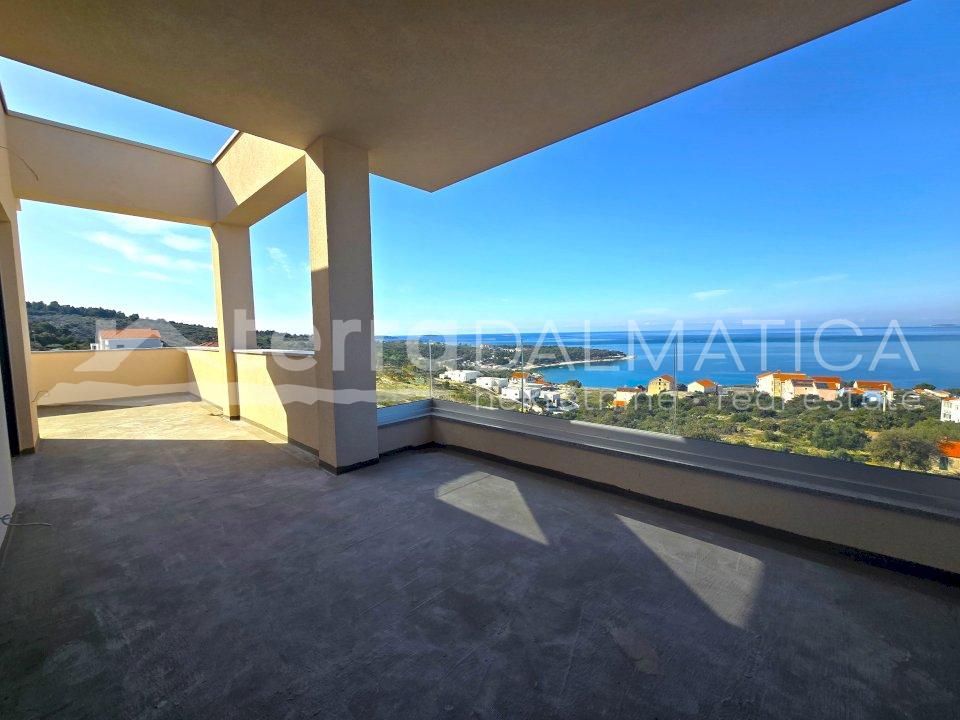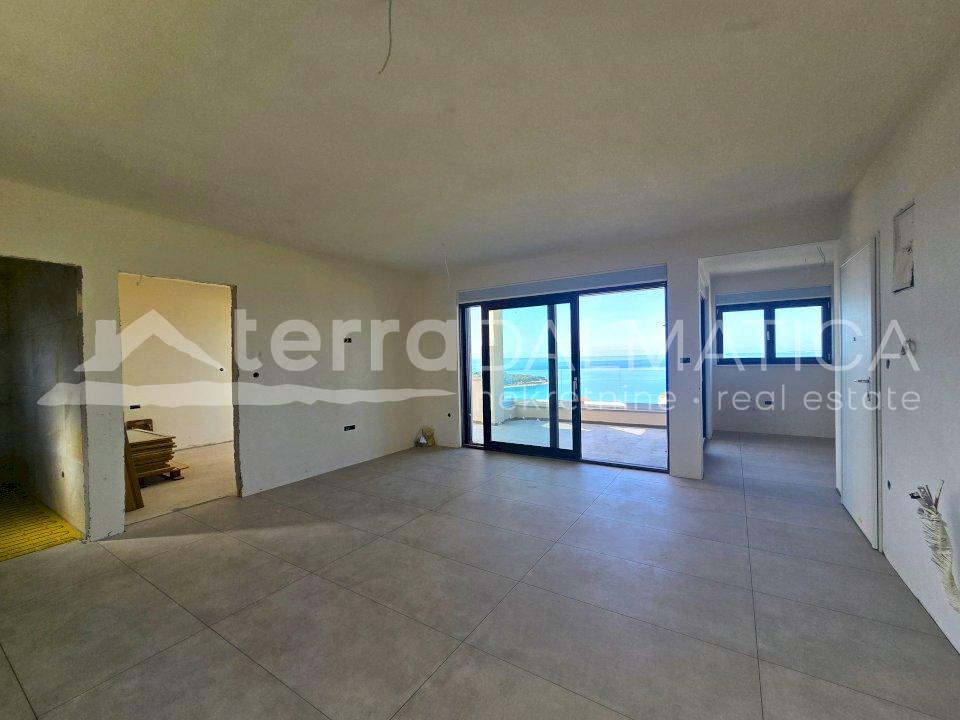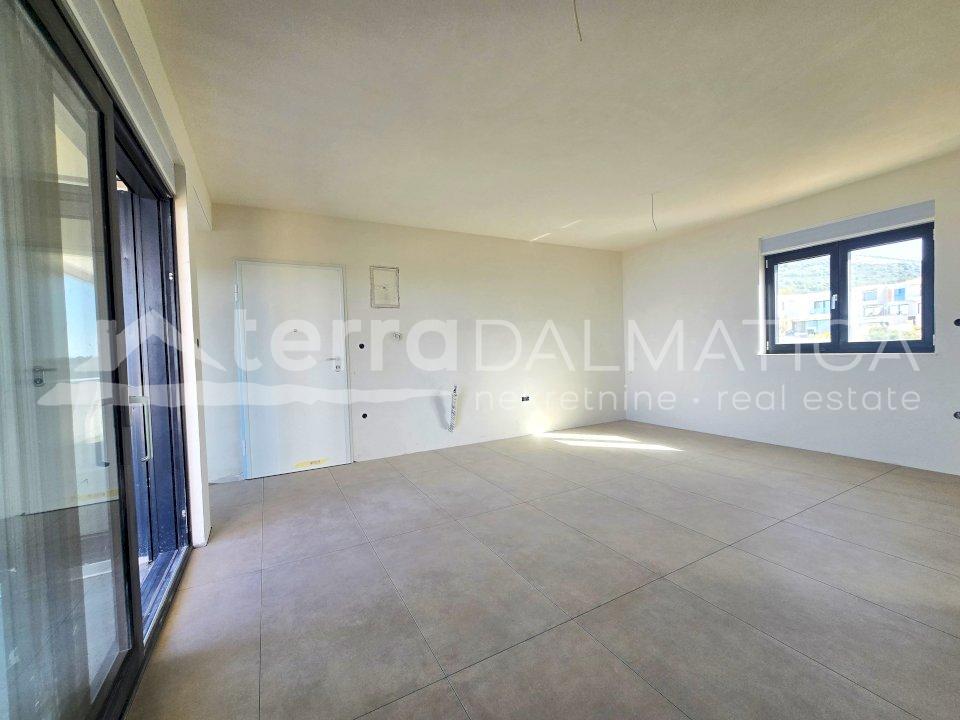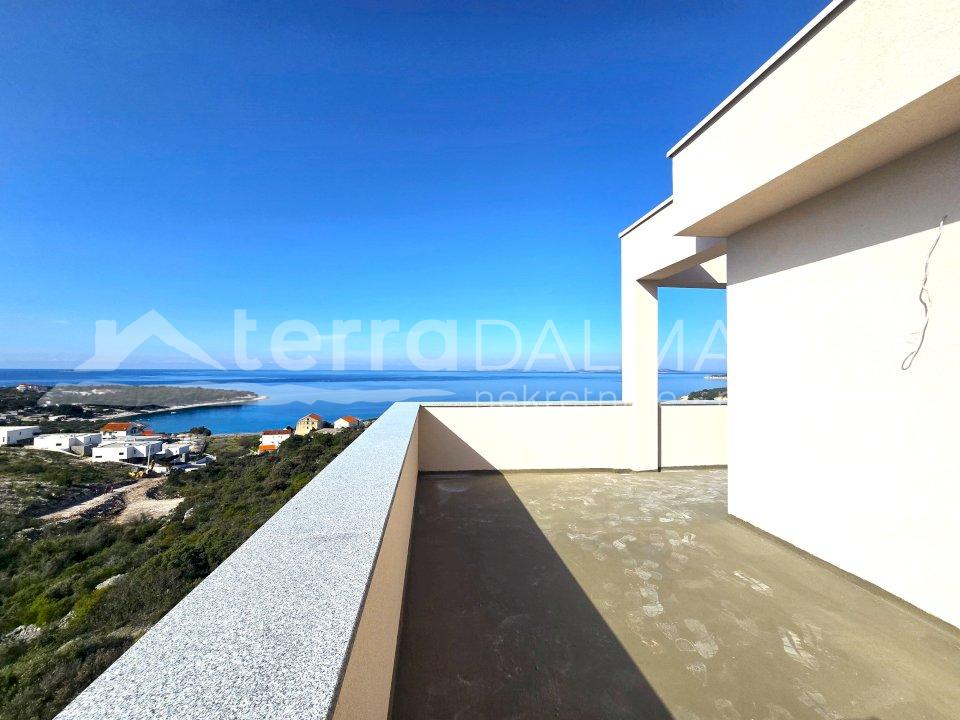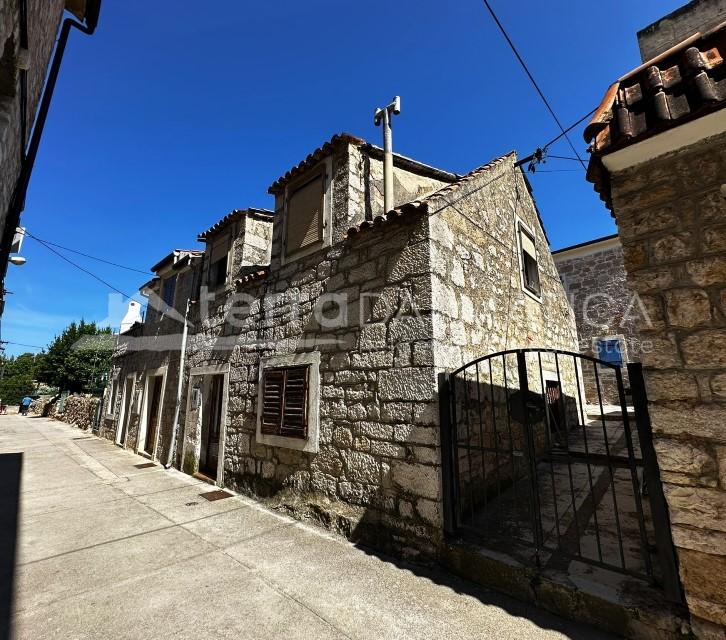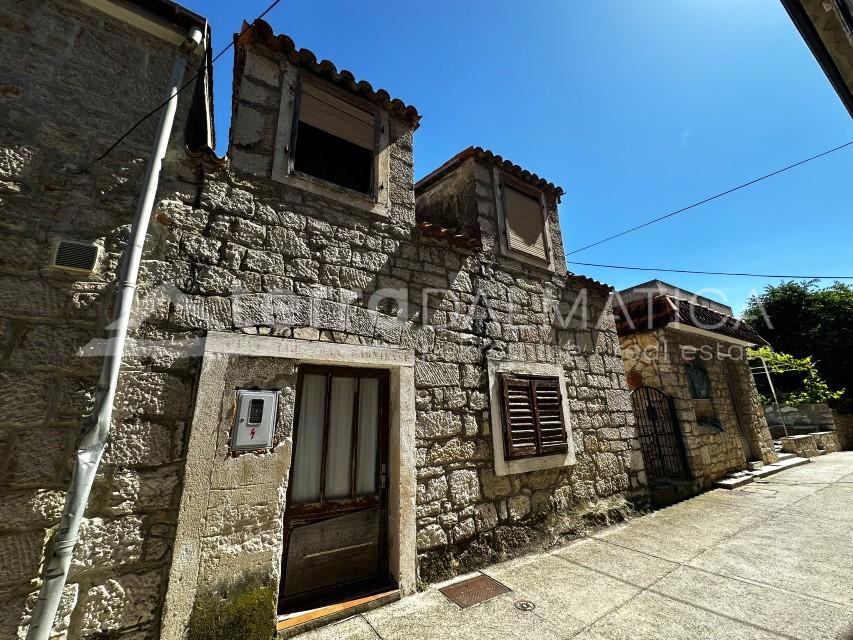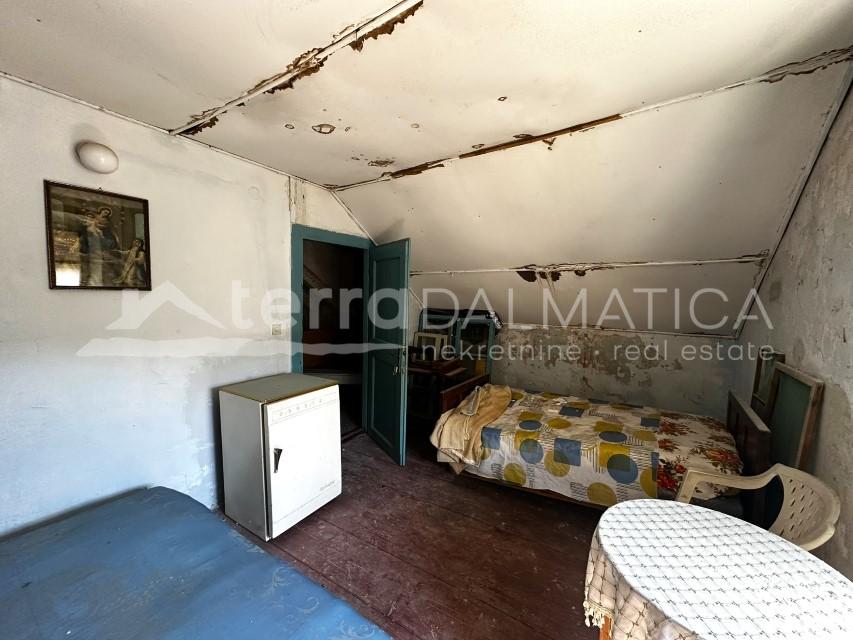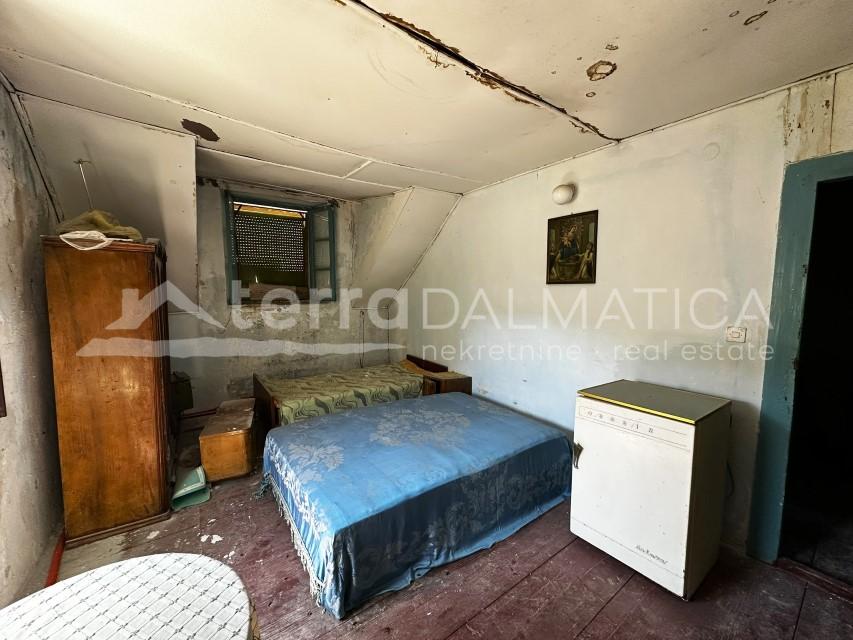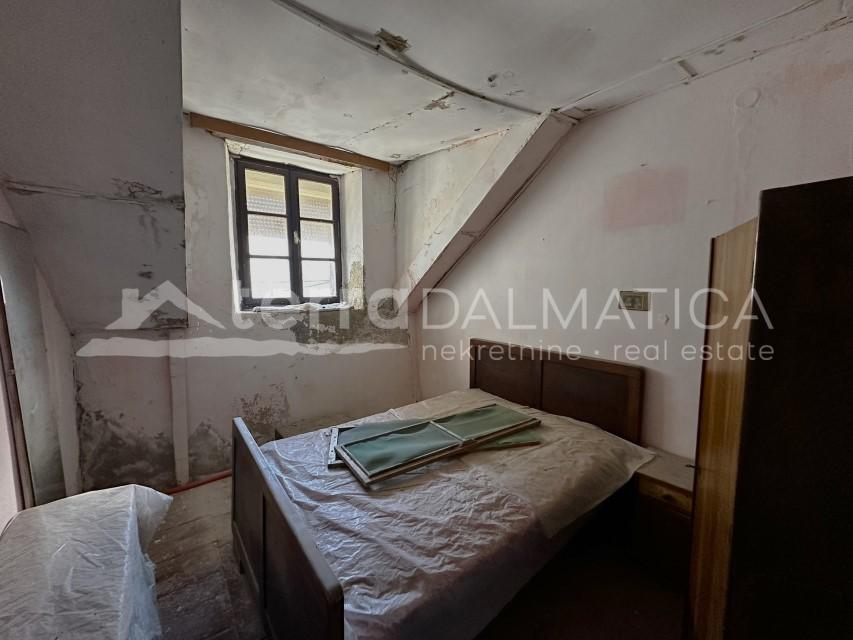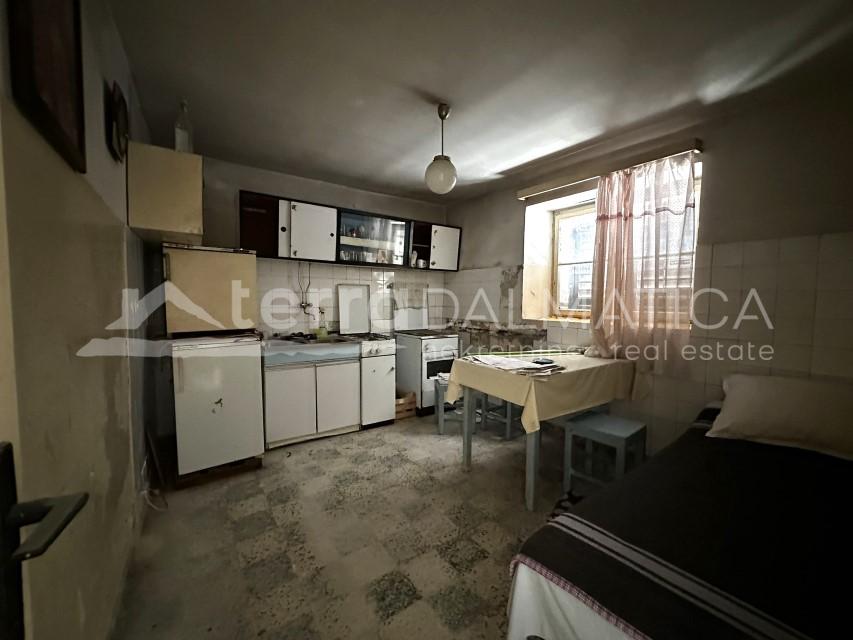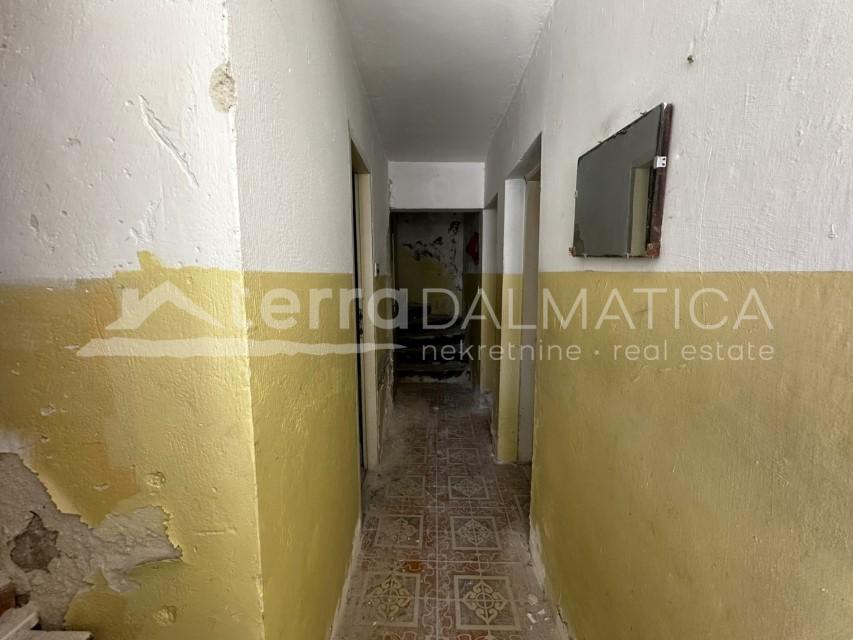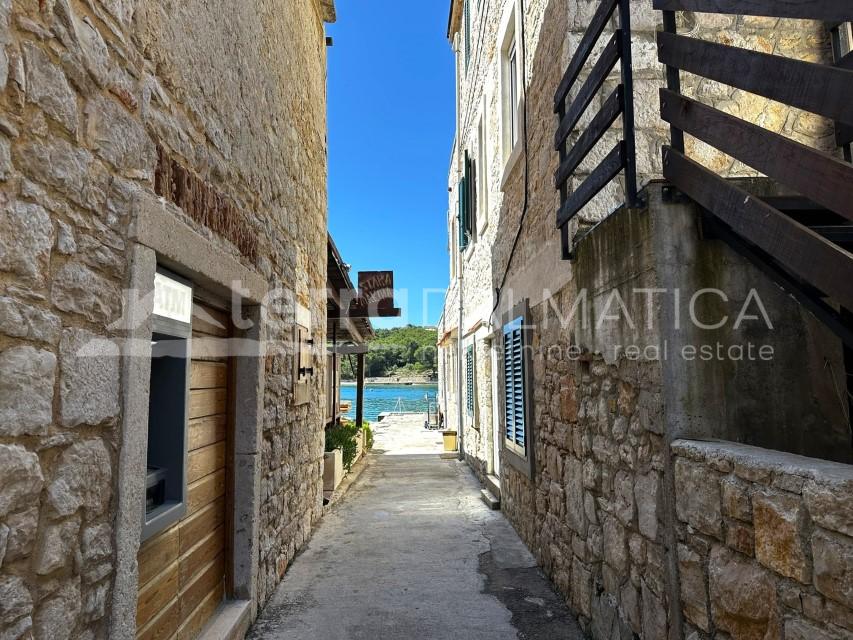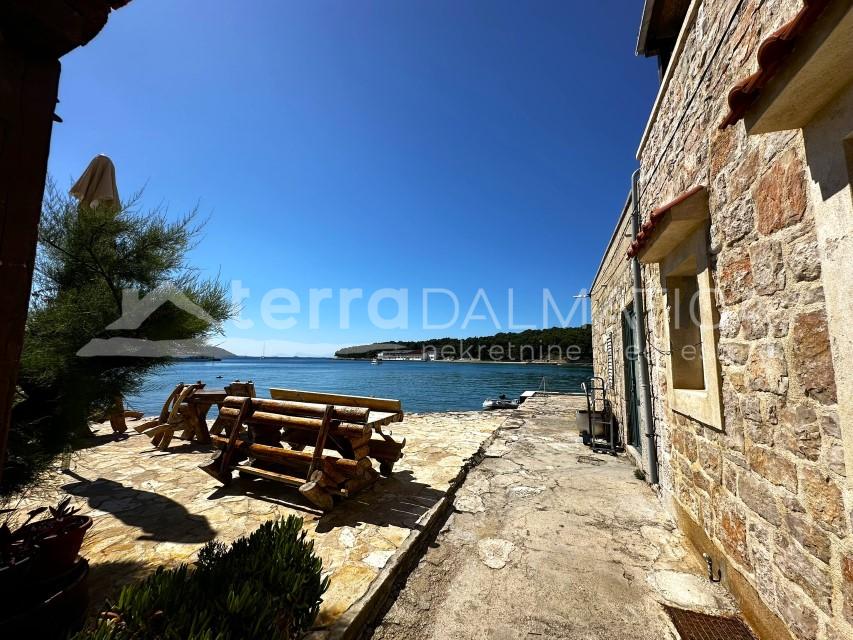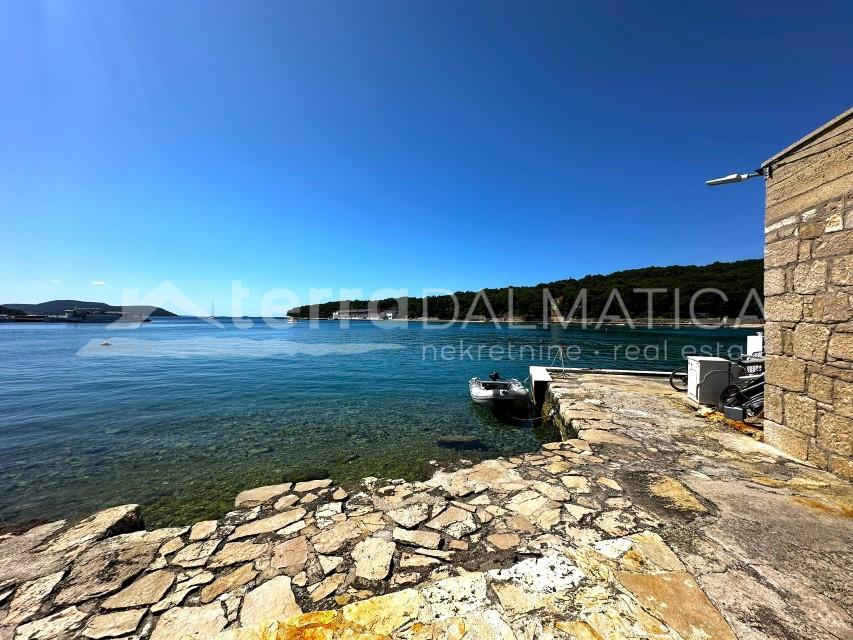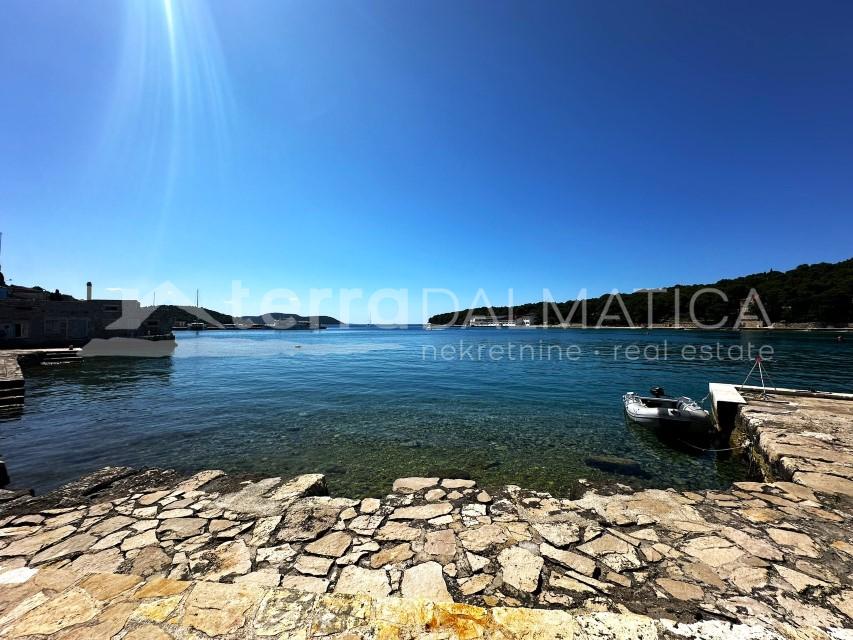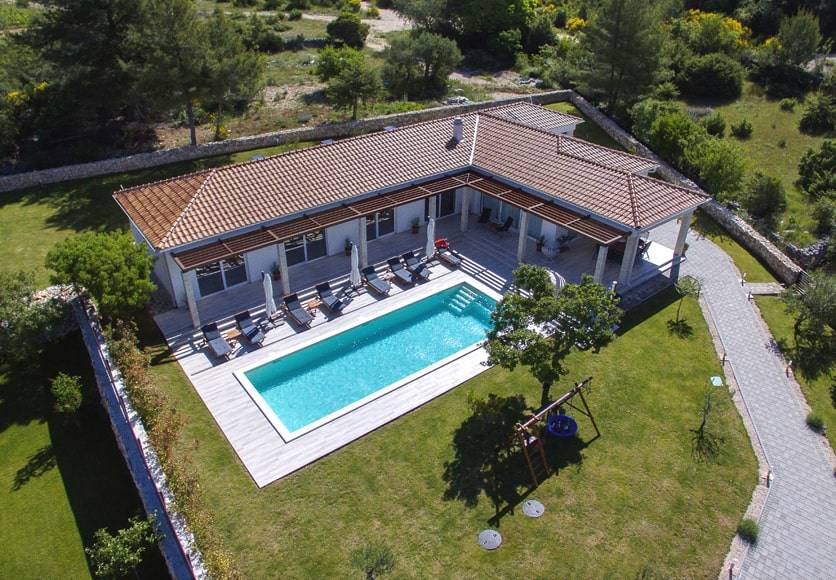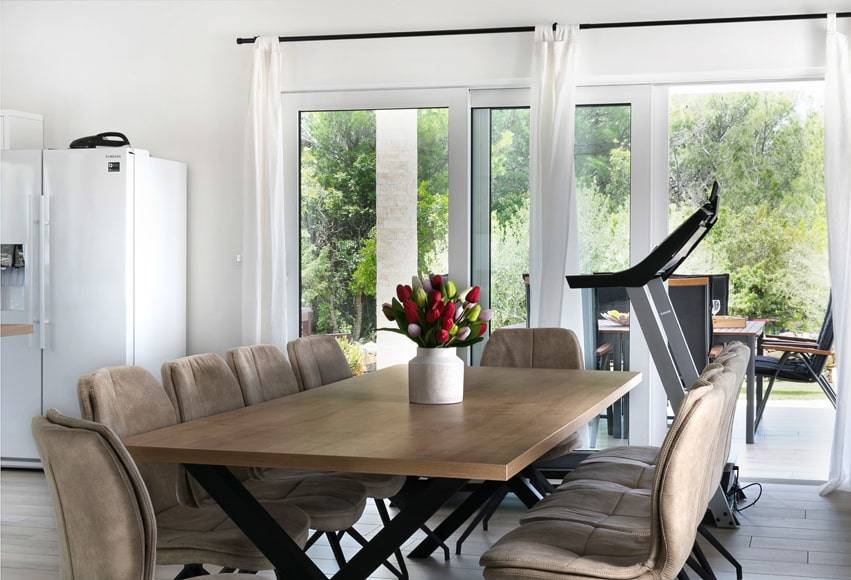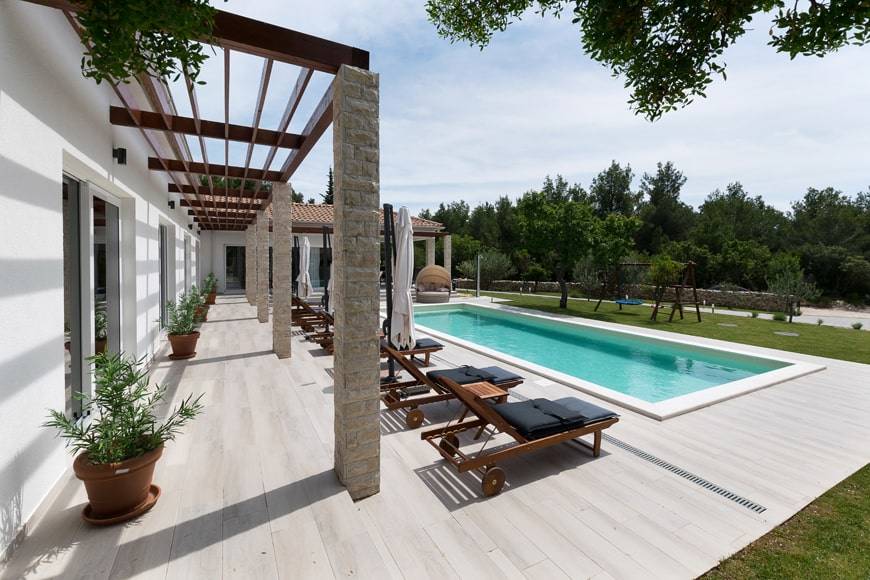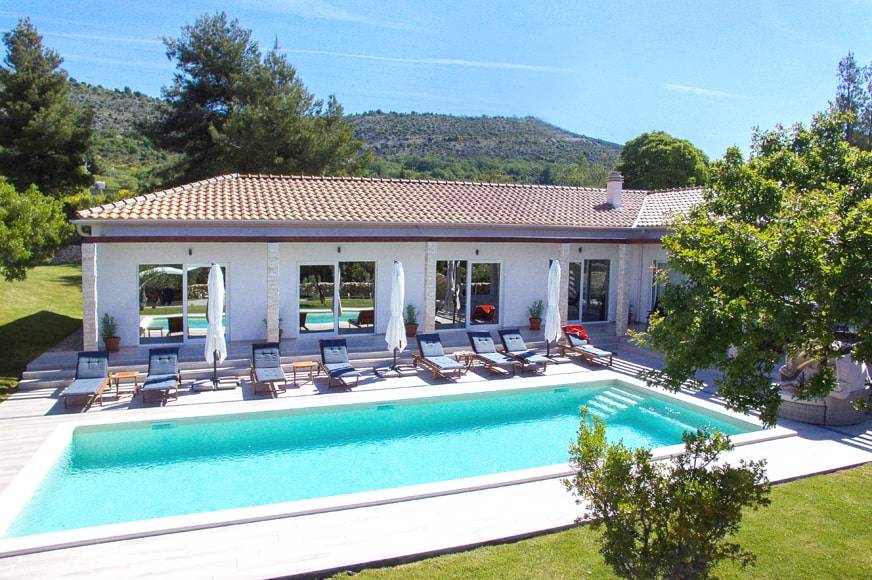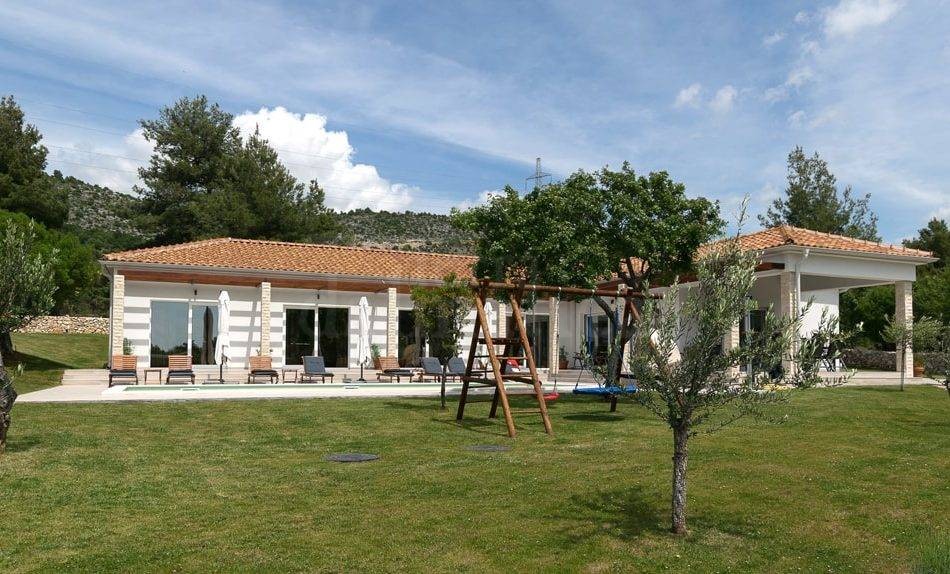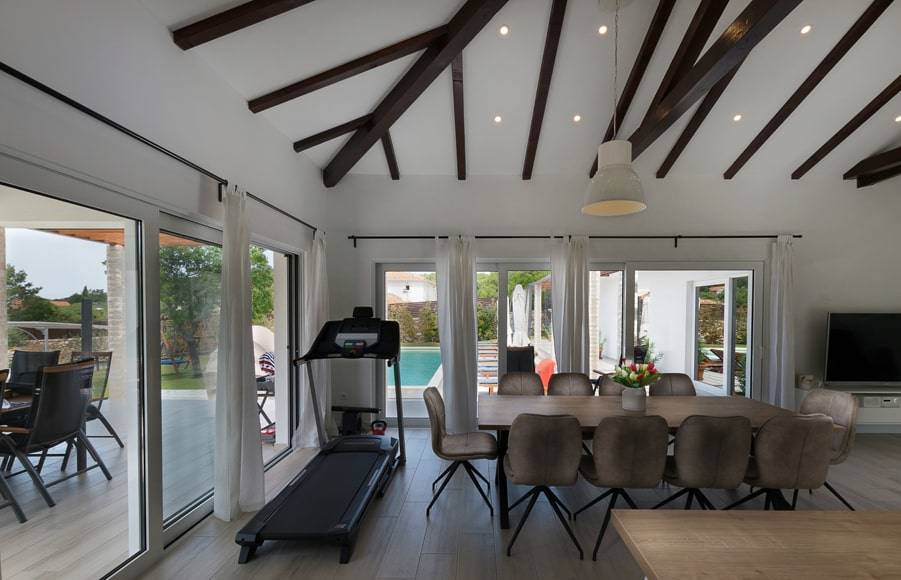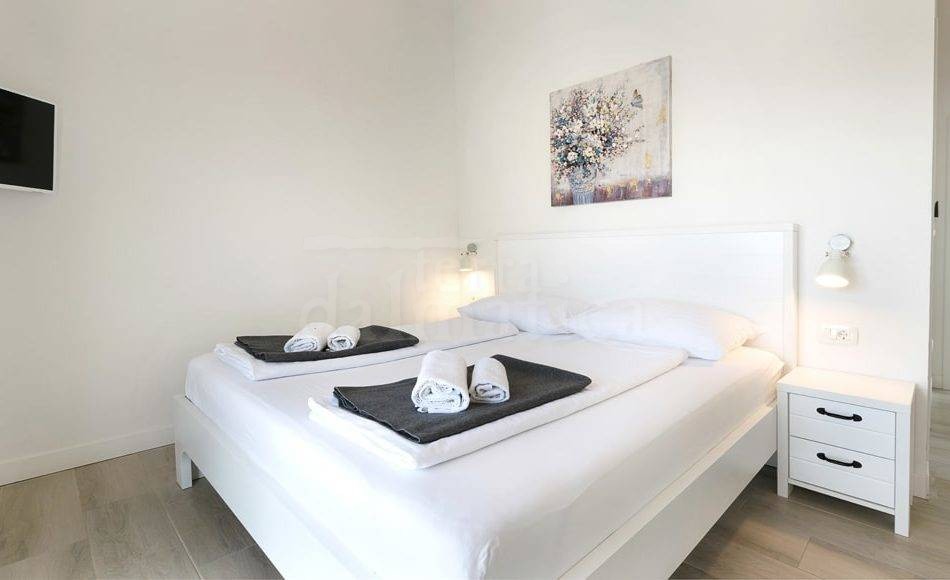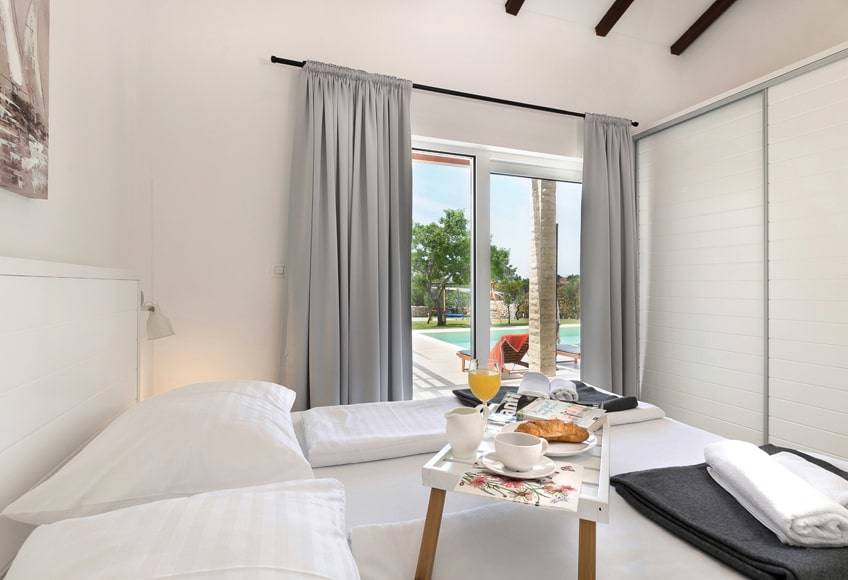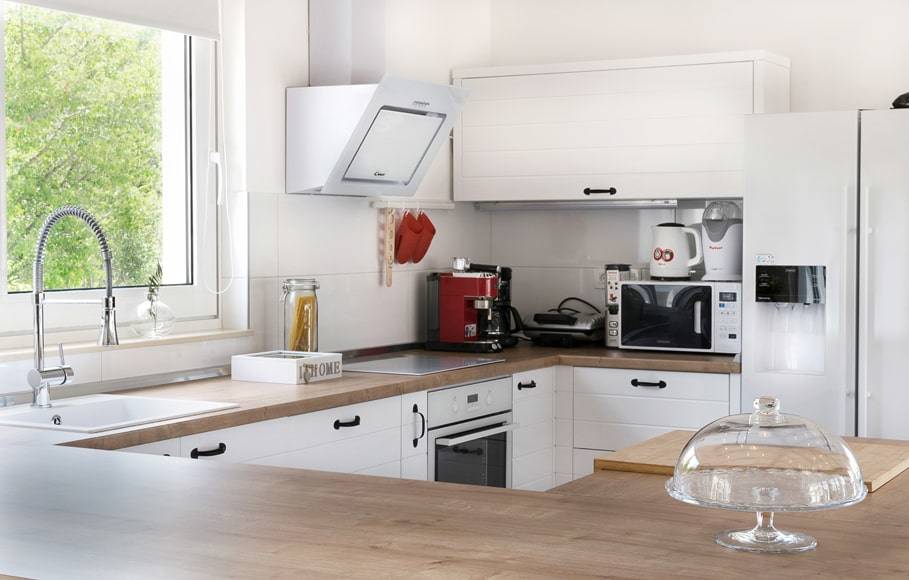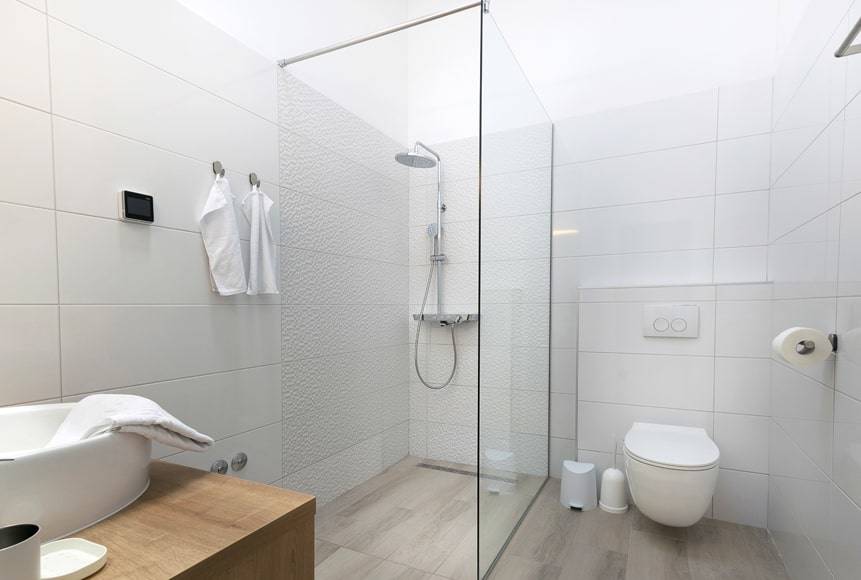If you are thinking about moving to Croatia, the first thing you should do is calculate your monthly expenses. To help you with that, we have created this small guide that provides an overview of the basic prices of food, accommodation, services, and entertainment in Croatia.
How much does food cost in Croatia?
Let’s start with food.
A basic lunch in the business district is about 20 euros. A fast-food meal will cost you around 10 euros. Half a kilogram of chicken is 4 euros, 1 liter of milk is slightly under 2 euros, while 10 eggs are just under 3 euros. One kilogram of bread ranges between 1 and 2 euros. Vegetables are cheaper in season than in winter: one kilogram of tomatoes costs around 2 euros, apples 1 euro, and potatoes 1 euro per kilogram. A bottle of decent red wine is 10 euros, and 2 liters of Coca-Cola is slightly less than 2 euros. Here we have only mentioned common food and drinks; exotic and premium products are more expensive.
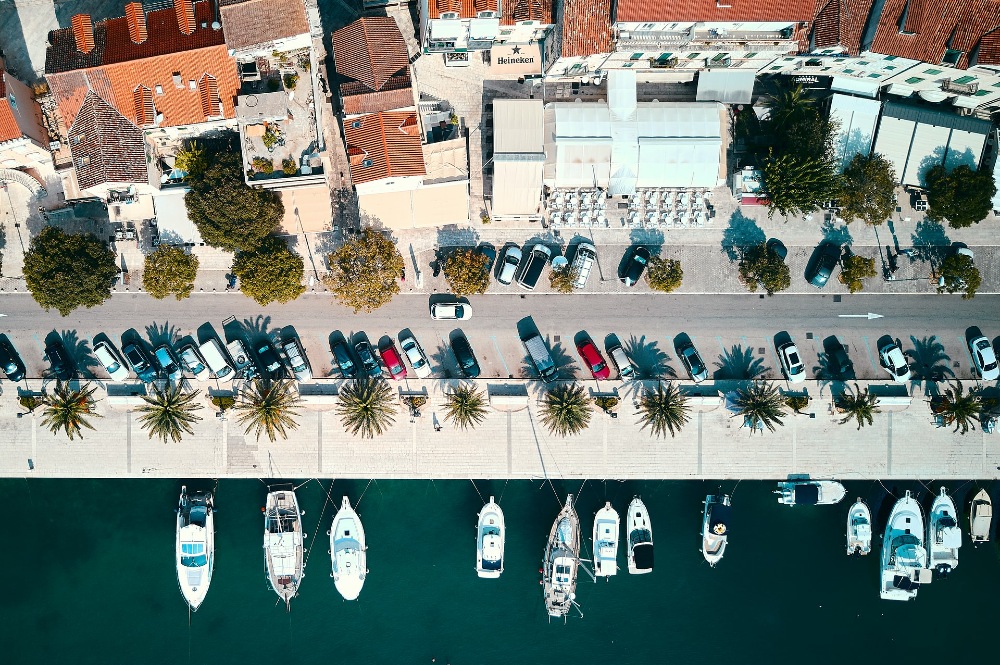
Which cities are the most expensive in Croatia?
Of course, prices vary significantly depending on the location; in Zagreb, the cost of living is by far the highest, and the prices of food and accommodation are higher than in almost all other places in Croatia.
However, even in popular tourist destinations such as Istria and Dubrovnik, food and restaurant prices are very high. The most affordable prices can be found inland and in smaller Dalmatian towns like Šibenik or Vodice. These towns are actually “the best of both worlds” since housing, food, and entertainment costs are not too high, yet they are located in a very attractive part of the country. Therefore, if you are interested in real estate in Croatia, you will have a good selection.
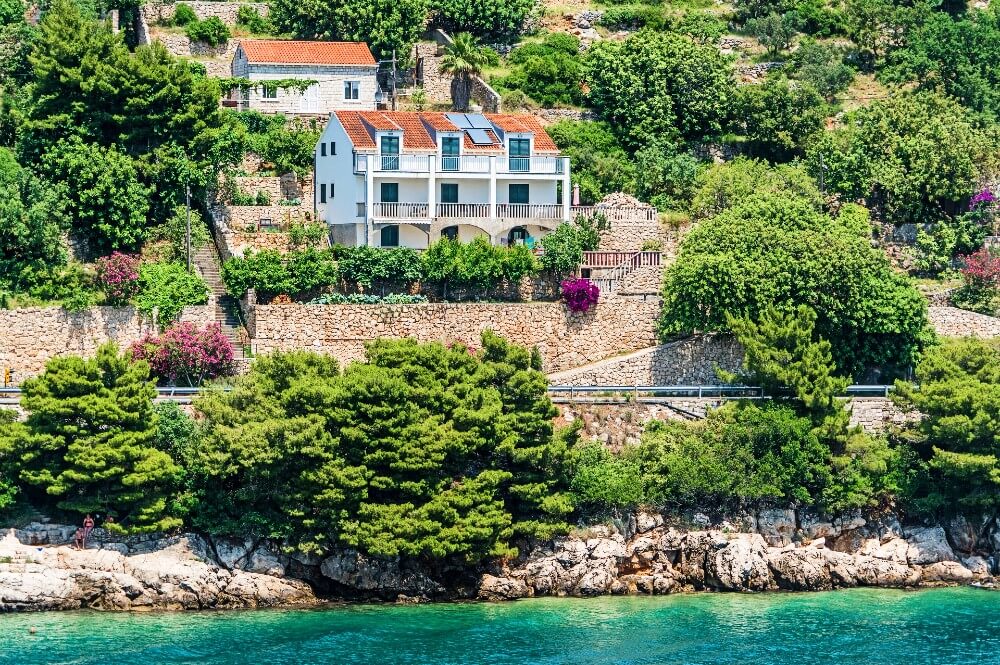
How much is the monthly rent in Croatia?
The monthly rent for an 85 m2 apartment in an expensive city district, such as central Zagreb, is approximately 1500 euros. Renting an apartment of the same size in a “standard” area is about 1000 euros. Of course, the size of the apartment plays a big role in the price: you can find a 45 m2 apartment for about 600 euros in large cities, but the price is somewhat lower (around 400 euros on average) in smaller towns.
Utility costs are roughly the same throughout the country. The monthly electricity bill is around 35 euros, water 25 euros, waste disposal and related services around 20 euros. You will pay between 20 and 40 euros per month for the internet, depending on the speed in the package you choose.
Other prices
As for entertainment, prices are of course higher in prestigious tourist destinations (especially during the summer). However, for example, movie ticket prices are the same everywhere, around 5 to 10 euros. The average gym membership ranges between 30 and 50 euros per month. A cocktail in the city center can be up to 10 euros, a beer in a local café around 2, coffee from 2 to 3 euros, and a pack of cigarettes about 5 euros.
How much does fuel cost in Croatia?
If you have a car, you are surely interested in fuel prices. Petrol is around 1.5 euros per liter, while diesel is usually slightly cheaper, 5%-10% less than petrol.
On the other hand, if you use LPG autogas, you can save significantly – it costs on average about 80 cents per liter.
How much does health insurance cost in Croatia?
Croatia has a health insurance system that is mandatory for everyone. That means everyone must contribute in some way for the system to function. If you move to Croatia from another country, this also applies to you, but not everyone pays the same amount. For example, if you are coming alone and want to register for residency, but you are not employed by a Croatian company or registered as unemployed, you will need to pay around 100 euros per month.
However, if you are employed by a Croatian company, the company must pay mandatory health insurance on your salary in the amount of 16.5% of your gross salary.
There are also other forms of insurance in Croatia, but they are not mandatory. Supplementary insurance is above the mandatory insurance, and you can get it through HZZO, banks, or private insurance companies. It costs slightly less than 10 euros per month. Additional insurance is the highest level of insurance you can get, but you must go to a bank or a private insurance company. Prices range from 20 euros per month upwards, depending on the package you choose.
Transport prices in Croatia
If you want to travel around Croatia without a car, you have many options: train, bus, plane, and even boat.
When it comes to planes, the most popular flight in Croatia is between the two largest cities, Zagreb and Split. You can fly with Croatia Airlines, and a round-trip ticket is usually just over 100 euros, which can actually be cheaper than traveling by car when considering the cost of fuel and tolls. If you choose the bus, you can get a return ticket for as low as 25 euros, and if you are a student, the price can be even lower.
For people living on the islands, Jadrolinija offers significant discounts that make traveling to the mainland much cheaper, and this applies to both vehicles and passengers.
If you plan to frequently use a particular type of transport, you should inquire about monthly or annual passes. This is especially true for public transportation in cities, but it is also available for trains and ferries. This way, you can save a lot.
Frequently Asked Questions and Answers
What is the official currency in Croatia?
The currency in Croatia is the euro, which is divided into 100 cents. Euro banknotes come in denominations of 5, 10, 20, 50, 100, 200, and 500 euros.
How much does a residence permit cost in Croatia?
The price of a residence permit in Croatia depends on the duration of stay and the type of permit. For short-term stays (less than 90 days), a visa is usually required, which generally costs 35 euros. For a longer stay (more than 90 days), you need to apply for a temporary residence permit, whose price varies depending on your nationality and the purpose of your stay (work, study, family reunification). The administrative fee for issuing a residence permit is usually around 50 euros, plus additional processing costs. For details, it is best to consult the competent institutions, such as the Ministry of the Interior of the Republic of Croatia.
What are the shopping prices like in Croatia?
Shopping prices in Croatia are generally affordable compared to Western European countries. Clothes in larger stores and department stores can be found at prices between 20 and 100 euros, depending on the brand and the season. Discount stores offer cheaper options for clothing and footwear. Street vendors sell products such as sunglasses, bags, and belts at prices ranging from 5 to 20 euros, although the quality of these products is often lower.
How much does beer cost in Croatia?
The price of beer in Croatia varies depending on where you buy it and the type of beer. A standard 0.5-liter bottle of beer in shops or supermarkets costs between 1 and 2.5 euros, while smaller bottles (for example, 355 ml) can be found for around 1.2 euros. The alcohol content is usually about 5%, although some beers may have 6% or more, especially craft beers. In hospitality establishments, the price of beer is significantly higher; draft beer of 0.5 liters usually costs between 3 and 5 euros, while craft beers are often even more expensive. Prices are clearly marked on menus or price lists.
How much does wine cost in Croatia?
The price of wine in Croatia depends on the type of wine, where it is produced, and the annual production volume. The average price of a bottle of wine on the Adriatic coast is about 6 euros per bottle, although you can find a decent bottle in stores for 4-5 euros. Premium wines can cost much more.
Are restaurants in Croatia expensive?
Restaurants in tourist areas, especially along the coast and in popular city centers, often have high prices for food and drinks. However, there are family-run restaurants with more affordable menus, especially outside the main tourist season or in the interior of the country.
How much are tickets for national parks in Croatia?
The average ticket price for Croatian national parks is currently around 25 € for an adult and ~7 € for a child. Prices are determined by the park’s popularity and the amount of funding the national parks receive from government and private donations. Tickets can be purchased online in advance or at any of the visitor information centers throughout the country.
How much is rent in Croatia?
It’s difficult to determine the exact cost of rent in Croatia, as it depends on the location and type of property. For example, if you are looking for a newer apartment in a city with good infrastructure, the rent could be 500-700 EUR per month for around 50 m2. Prime locations (like downtown Zagreb or the coast) can reach several thousand euros per month.
What are parking prices in Croatia?
Parking prices vary depending on where you go and when. Most large cities in Croatia have public parking garages costing around 1.5 € per hour. Some shopping centers offer free parking for the first hour or discounts for shoppers. In smaller towns, parking is often cheaper or free.
How much are tolls in Croatia?
The price of tolls depends on the stretch of road. For example, from Zagreb to Split one-way, you will pay around 26.40 €. There are also ENC devices that offer discounts and faster passage through toll booths.
How much do mobile data plans cost in Croatia?
In Croatia, mobile data rates are among the lower ones in Europe. The average price of 1 GB of data is around 2-3 euros, and many operators offer unlimited data tariffs. Daily packages start at about 1.5 euros for 500 MB or 1 GB, depending on the operator.
How much do dental services cost in Croatia?
Dental service prices vary depending on the complexity of the procedure, materials, and practice. A basic filling can cost between 30 and 50 euros, while crowns, implants, and orthodontic braces are significantly more expensive. Costs are generally lower than in Western countries, which attracts dental tourism.
How much does studying in Croatia cost?
The average cost of studying in Croatia is very low for Croatian citizens and students from EU countries, since the state covers most of the costs at public universities. Private institutions can cost several thousand euros per year.
How much does it cost to open a bank account?
Opening a bank account is not free in every bank, but it is very affordable, and it is often free if you choose certain service packages. A standard fee can be up to 10 euros.
What are real estate prices in Croatia?
Real estate prices have risen significantly in recent years, especially in Zagreb and along the coast, but they are still relatively lower than in many Western European metropolises. The difference in price depends on the type of property (apartment, holiday flat, house), location, and proximity to the sea or city center.
How much does car registration cost?
Car registration costs around 100 € and is valid for one year. The cost includes basic fees and compulsory insurance, but may vary depending on vehicle horsepower and the insurance bonus-malus system.
What are veterinarian prices in Croatia?
Veterinarians in Croatia charge about 30-35 EUR per visit, but the final price depends on the service (examination, vaccination, surgery, etc.). Prices are somewhat higher in larger cities and in popular tourist locations.
How much does bread cost in Croatia?
The price of bread in Croatia ranges from 1.5 to 3 euros per kilogram, depending on the type of bread and the region. In bakeries, baguettes or regular white bread usually cost between 0.80 and 1.5 euros, while specialty breads, such as those with wholegrain flour or seeds, are slightly more expensive.
What are McDonald’s prices in Croatia?
Prices in McDonald’s restaurants depend on the location and the items you choose. A classic meal, like a Big Mac menu, usually costs between 6 and 8 euros, while cheaper options such as cheeseburgers or a McChicken sandwich are available for around 2-3 euros.
How much does meat cost in Croatia?
Meat prices vary depending on the type and quality. Beef is one of the more expensive options, with prices ranging from 10 to 20 euros per kilogram. Pork is popular and somewhat cheaper, ranging from 4 to 8 euros per kilogram. Lamb, though a specialty, is priced between 8 and 12 euros per kilogram. Chicken is the most affordable, costing between 3 and 6 euros per kilogram.
How much does fish cost in Croatia?
Fish prices depend on the type and freshness. Fresh fish at local markets, like sea bass or sea bream, usually costs between 10 and 20 euros per kilogram. Blue fish, such as sardines and mackerel, is cheaper and costs between 3 and 6 euros per kilogram. Frozen fish is available in stores at more affordable prices, between 5 and 10 euros per kilogram, depending on the type.
Looking for a property in Croatia?
Check out our offer of villas, houses, apartments, land, and commercial spaces.
